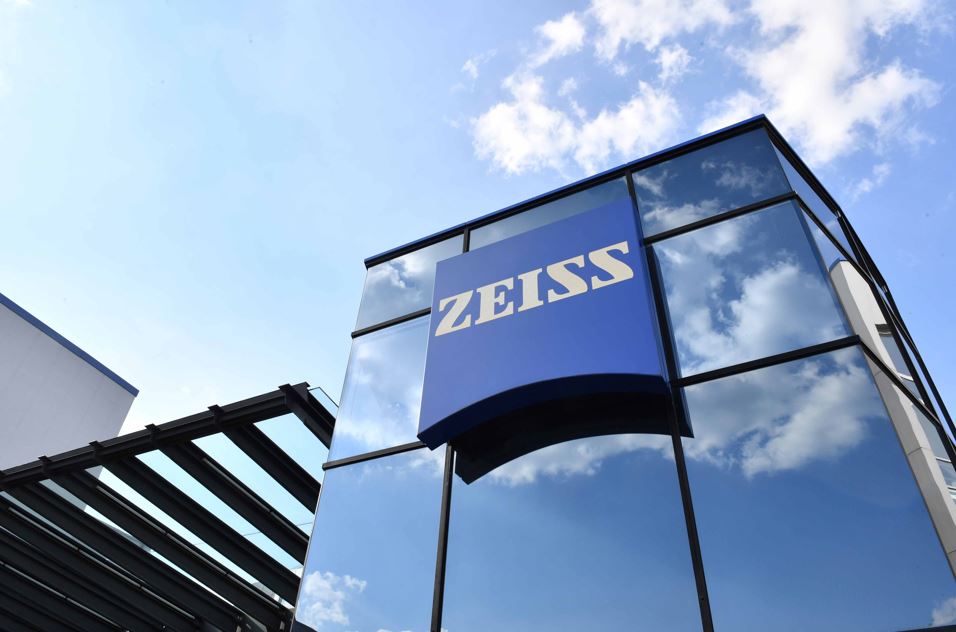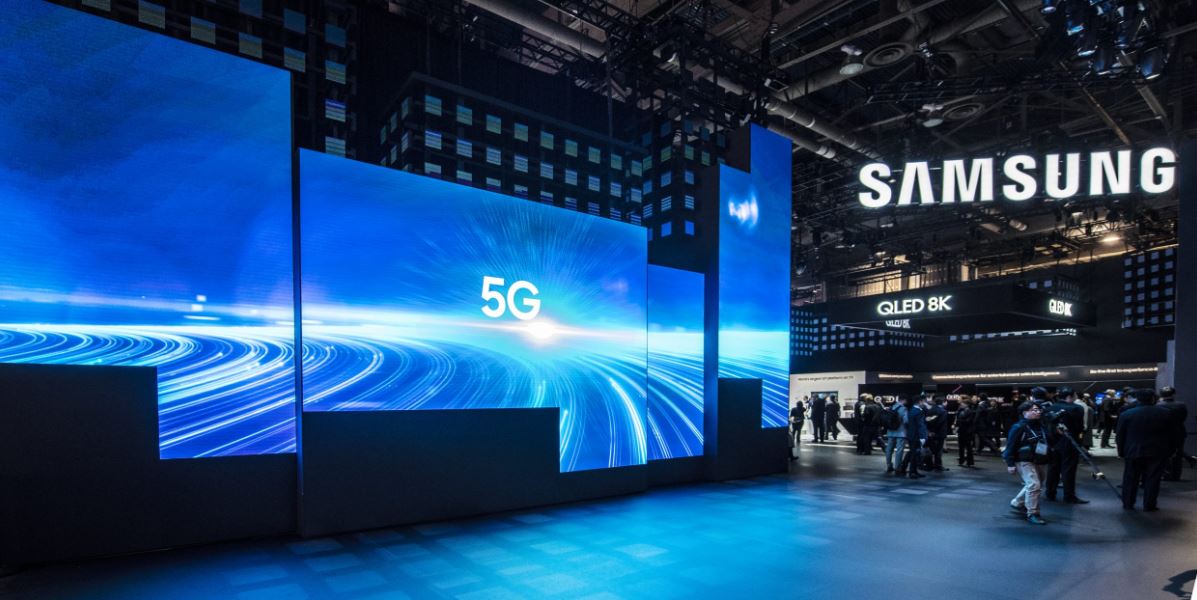Samsung is expanding its partnership with Zeiss, a renowned German manufacturer known for its advanced lenses. Zeiss is the sole supplier of optical systems to ASML, one of the world’s largest manufacturers of semiconductor lithography machines. This information was released by Samsung on Sunday, the 28th.
Jay Y. Lee, CEO of Samsung, met with Karl Lamprecht, CEO of Zeiss, on Friday, the 26th, during his visit to the headquarters of the optical and optoelectronic technologies conglomerate in Germany. At the meeting, the executives agreed to expand their collaboration in researching and developing chip manufacturing technologies.
Please follow us on Facebook and Twitter.
Lithography machines need advanced optical systems to print circuits on a processor. ASML manufactures these machines, focusing on its exclusive EUV (extreme ultraviolet) technology. This technology ensures a more refined and efficient process, leading to more reliable and high-performance processors.
Several semiconductor manufacturers, including Samsung, TSMC, and Intel, use ASML equipment to produce advanced EUV chips. This technology allows for compacting a processor’s transistors to just a few tens of nanometers, which is thousands of times smaller than the thickness of a strand of hair.
By increasing its involvement in developing fundamental technologies used by lithography machines, Samsung aims to enhance its next-generation semiconductor technology and optimize its chip manufacturing process. This will ultimately increase its production yield.
Samsung is gearing up to start mass production of its new generation of chips with 3 nanometer lithography. It also reaffirms its intention to lead in the production of hardware with 2 and 1.4 nanometer technologies, expected between 2026 and 2027.

Beyond processors for cell phones and tablets, Samsung is the world’s largest producer of memory chips. These components are crucial for emerging applications of artificial intelligence. With the improvement of its processes, Samsung aims to attract more customers and intensify its competition with TSMC, which currently dominates the sector.
In 2022, Zeiss announced a plan to invest around 48 billion won (about $35 million) to establish its first foreign-based research and development center for microscopy solutions in South Korea.
Additionally, the German company plans to open its first R&D center in Asia for its process control solutions for advanced logic devices and memory chips by the year 2026. The goal is to meet the increasing demand in South Korea’s semiconductor, automotive, and electric car battery industries.
Source: KEDGlobal





